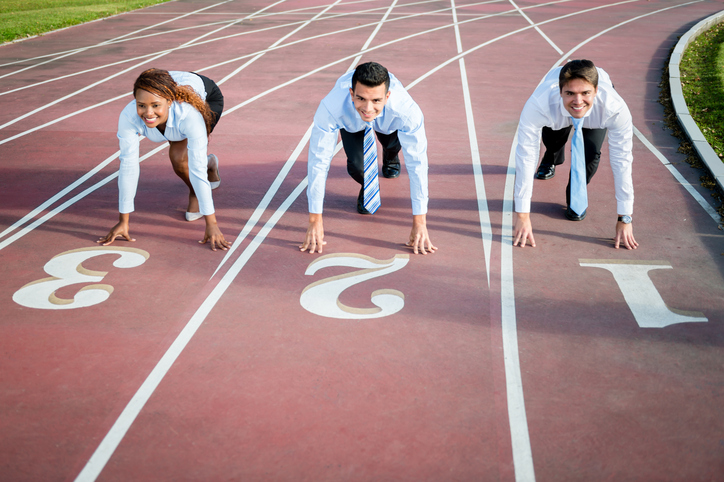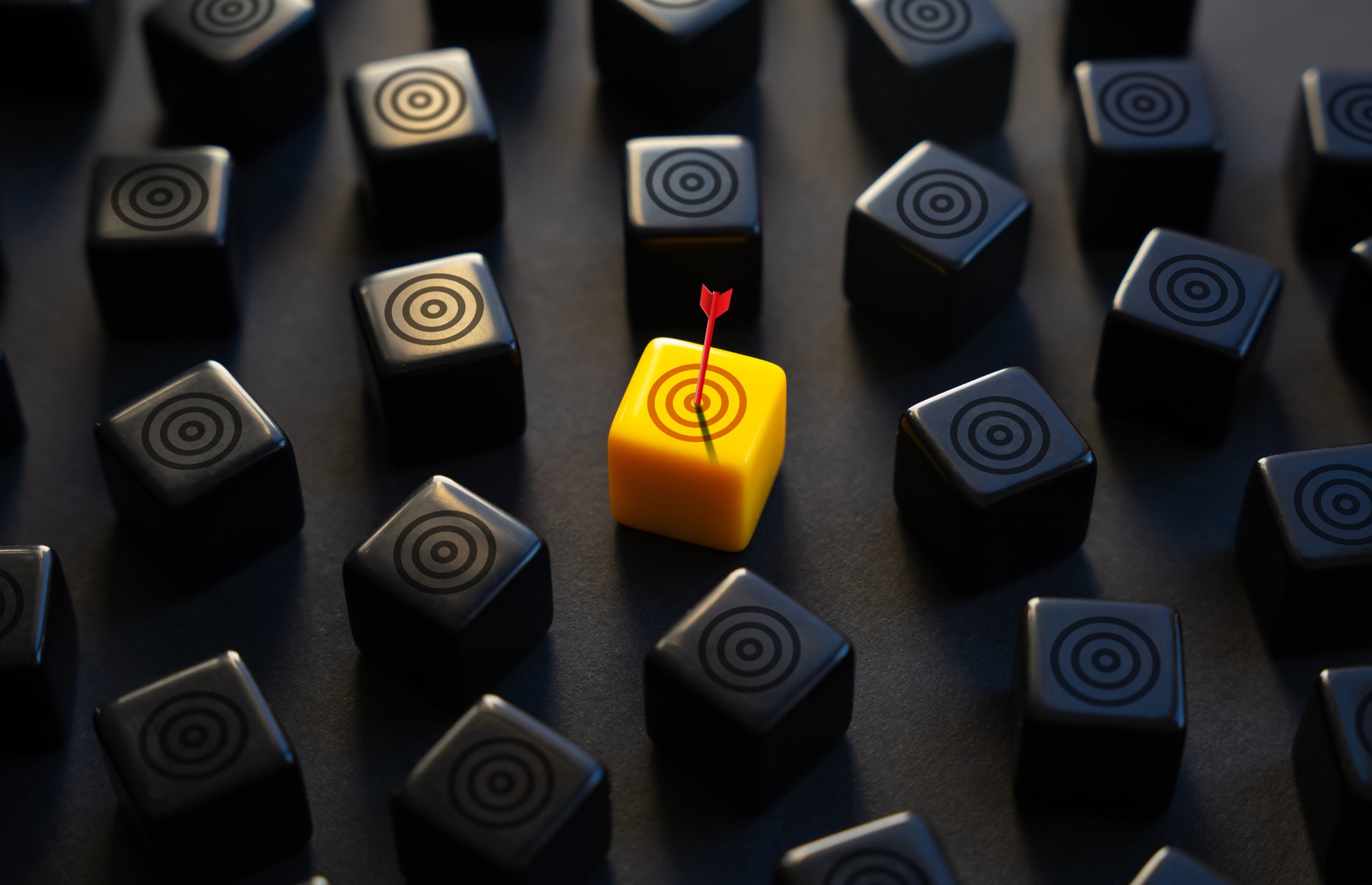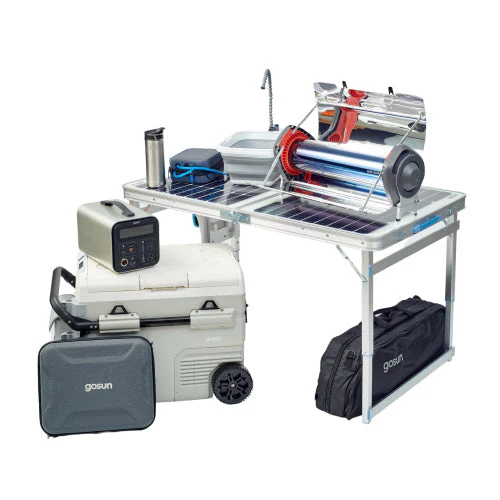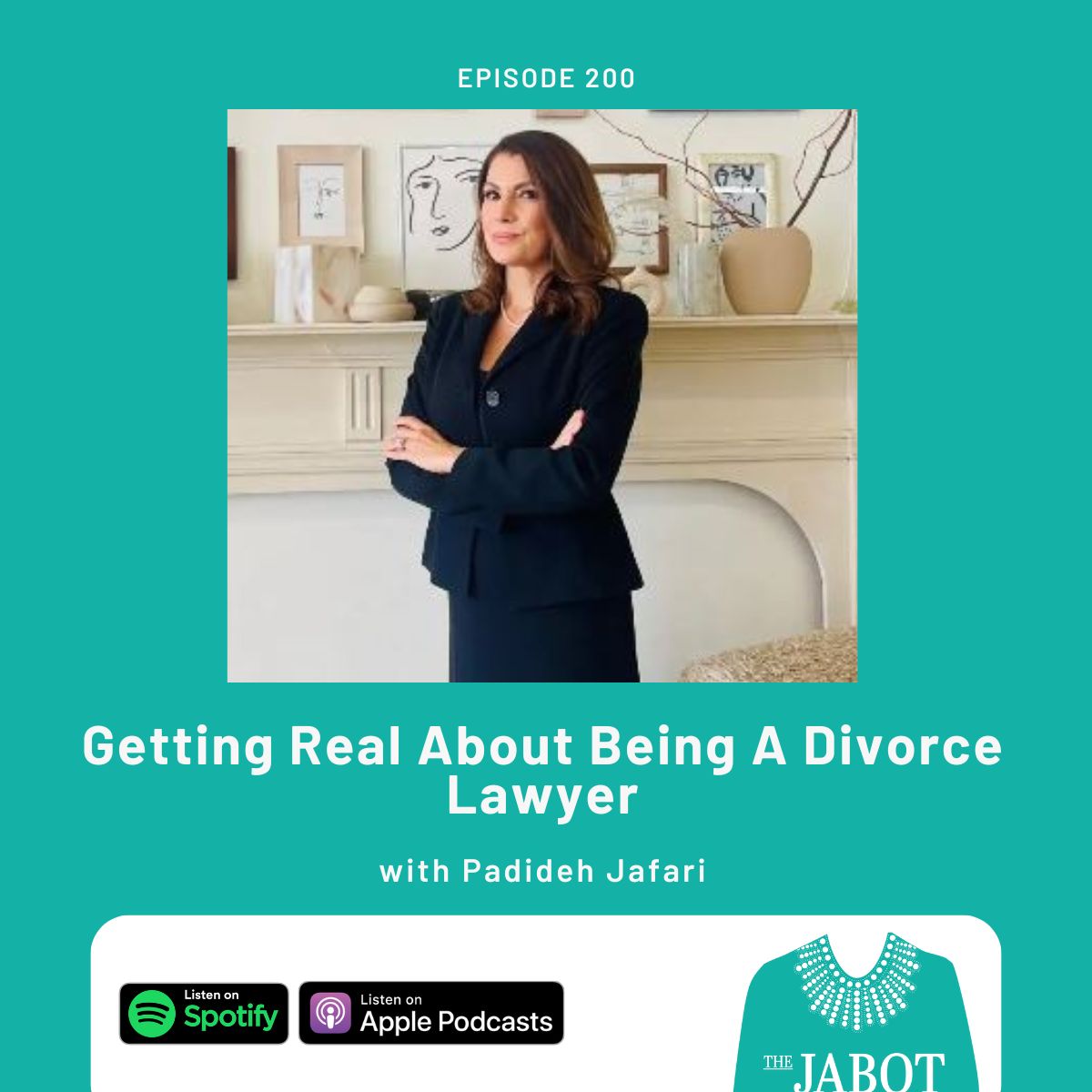What Can In-House Lawyers Learn From Elite Athletes About Peak Performance?
Like athletes, in-house lawyers navigate high-stakes situations, tight deadlines, and unpredictable environments. The post What Can In-House Lawyers Learn From Elite Athletes About Peak Performance? appeared first on Above the Law.


When you hear “mental performance training,” you probably think of Olympic athletes, NFL quarterbacks, or a top tennis pro on center court. What if I told you that in-house lawyers could benefit from the same training athletes use to achieve elite performance?
High-performing athletes don’t just train their bodies — they train their minds. They work with coaches to master their focus, regulate emotions under pressure, reframe self-talk, and cultivate resilience. Like athletes, in-house lawyers navigate high-stakes situations, tight deadlines, and unpredictable environments. With that being the case, why wouldn’t in-house lawyers train just as intentionally as athletes?
Over the years, I have met several former lawyers who now exclusively coach other lawyers. Many of these coaches recommend using the same mental performance strategies used by athletes. The four strategies that resonate most with me include strategies centered around mindfulness, mindset, and emotion regulation.
Practicing Mindfulness
Before you roll your eyes, I would suggest you ask yourself a question. When is the last time you stayed 100% present in a meeting — no mental to-do lists, no checking your phone, just focused?
Mindfulness is about being fully in the moment without judging yourself or your performance. As in-house lawyers, we are masters of internal criticism: “I should’ve known that,” “Why didn’t I catch this earlier?” Judgmental thinking clutters our minds and hampers decision-making.
Athletes are trained to center themselves, recognize early signs of tension or anxiety, and redirect their attention. Imagine applying this before walking into a board meeting — pausing to notice your breath, your tension, your mental chatter. Just like a top-performing athlete, you can center yourself and focus on the task at hand. With practice, mindfulness can become a high-performance habit, not just a wellness buzzword.
Checking Your Mindset At The Door
Athletes who excel over time don’t always have the most talent — they have the right mindset. Carol Dweck’s work on growth versus. fixed mindsets shows that how we think about ability shapes how we respond to setbacks. For in-house lawyers, mindset shows up when we say things like, “I’m just not good at public speaking,” or “I’m not a ‘deal lawyer.’” That’s fixed mindset thinking — and it can become a self-fulfilling prophecy.
Athletes are taught to reframe setbacks as feedback and view challenges as opportunities. In-house lawyers can do the same. Next time something goes sideways (because it will), try saying: “This didn’t work yet,” or “What can I learn from this?” That’s not just positive thinking — it’s performance strategy.
Getting Emotionally Precise
Emotions at work? Everyone has them — but how well do can you recognize and name them? Top athletes are coached on the ability to distinguish between emotions like frustration, anxiety, disappointment, or discouragement. Why? Because accurately labeling emotions allows them to choose the right coping strategy. Saying “I’m stressed” isn’t nearly as useful as realizing, “I’m feeling overwhelmed because I’m afraid of looking unprepared.”
In-house lawyers benefit from the same emotional clarity. It can help them respond, not react. The more precisely in-house lawyers understand what they feel, the better they can manage it — and keep their performance on track.
Learning To ‘E.A.T.’ Your Emotions
Strong emotions — anger, anxiety, embarrassment — can hijack performance. Athletes are taught to experience, acknowledge, adjust, and toss those emotions. Instead of stuffing down stress or spinning in circles after a tough call with your supervisor, consider using a strategy called “E.A.T. It.” coined by Hannah Huesman:
- Experience it. Let yourself feel the emotion without avoidance.
- Acknowledge and adjust. Name it, trace its cause, and decide what (if anything) needs to shift.
- Toss it. Once you’ve learned what you needed to, let it go.
This isn’t about ignoring emotions. It’s about moving through them — efficiently, intelligently, and without them running your day.
Training For Top In-House Performance
Athletes don’t just magically perform on game day. They train. They reflect. They seek coaching. In-house lawyers should, too. If you’re serious about operating at a high level, consider working with a coach who understands the mental demands of in-house legal life. You’ll gain practical tools to handle pressure, manage emotions, and lead with confidence — and that’s a win for you, your family, your business, and your career growth.
We can’t control every legal fire or surprise escalated email, but we can control how we prepare, how we recover, and how we show up — every single day. Just like the pros.
If you are thinking about coaching, check back in June when I share the names of some of my favorite coaches!
Lisa Lang is an accomplished in-house lawyer and thought leader dedicated to empowering fellow legal professionals. She offers insights and resources tailored for in-house counsel through her website and blog, Why This, Not That™ (www.lawyerlisalang.com). Lisa actively engages with the legal community via LinkedIn, sharing her expertise and fostering meaningful connections. You can reach her at lisa@lawyerlisalang.com, connect on LinkedIn (https://www.linkedin.com/in/lawyerlisalang/).
The post What Can In-House Lawyers Learn From Elite Athletes About Peak Performance? appeared first on Above the Law.

























































































![The F-35’s future: The power and cooling competition that could change everything [Video]](https://breakingdefense.com/wp-content/uploads/sites/3/2024/09/240924_F35_moon_USAF-scaled-e1727200160419.jpg?#)

























































